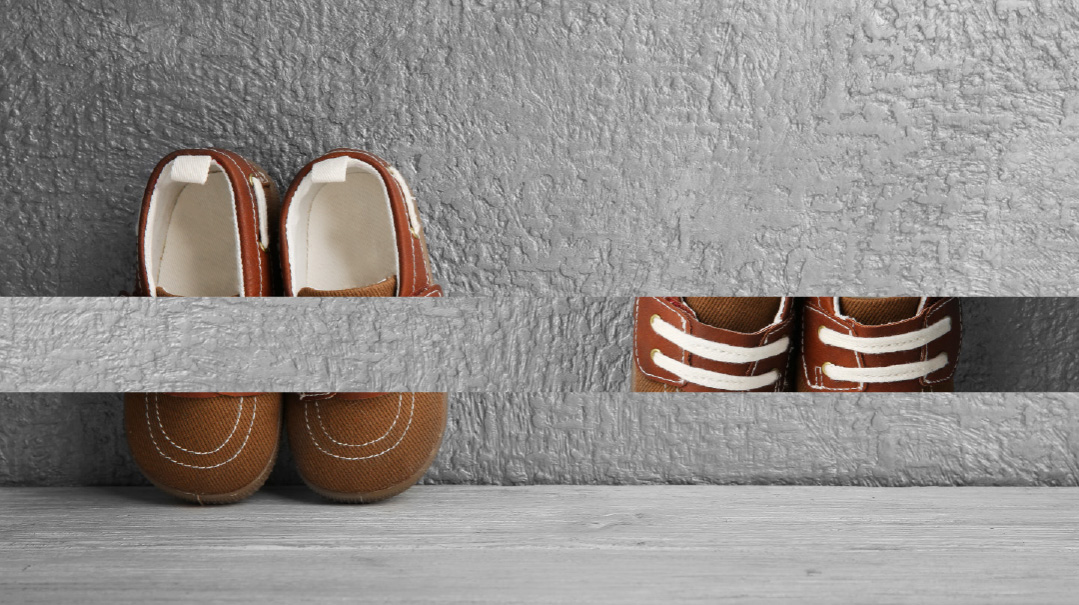Searching Out Success

In the spirit of V’nahafoch hu, Mishpacha contributors share the axioms they were sure of…until they weren’t

As told to Yael Schuster
Rabbi Ari Schonfeld
Clifton, New Jersey
I always thought that academic success is purely a function of G-d-given talent. Until I learned that….
His hair was a mess, and he needed a dermatologist. He was a bit of a nerd, couldn’t throw a ball, and lacked social graces. He also changed my life.
I’d been teaching for eight years, and believed it all boiled down to this simple postulate: Smart kids excel, weak kids struggle. My responsibility to the weaker student was to modify my expectations and help him become a better person. But get him to read a gemara? Unlikely.
So just a few weeks into the school year, the script for Yoni was already laid out. He was destined to spend eighth grade zoned out, flunk his tests, and fill his role as class floater. As much as I’d love to, there was little I could do to change it.
One Thursday in February, Yoni handed in his weekly Gemara test, and as usual, it was painful: Each question was filled in, but the answers had “no shaychus,” as the guys would say. But my antennae were sensing something different this time, though I couldn’t pinpoint what it was. Maybe a drop more effort? Or the feeling that Yoni thought he did better than usual?
I followed my instincts into uncharted territory. As Yoni stood in front of me, I began to grade his test — in a ludicrous way. Minus 1, check, check, minus 2. What should have been a 30 percent was suddenly a respectable 78 percent.
“Here you go, Yoni, not bad,” I said as coolly as possible.
Making too big a fuss wouldn’t be smart; the idea was for him to think it would be normal for him to do well if he tried. Plus, I didn’t want to call attention to the way it was graded — if he looked closely, he’d realize it was a sham and the gig would be up.
Yoni’s eyes almost popped out of his face. “Oh, my gosh, I can do it. I can’t believe I can do it!” he blurted.
The very next week, he earned a true 91 percent.
As soon as I got in the car after yeshivah, I called my friend Mendy, a high school rebbi.
“What just happened is terrifying,” I said. “Who knows how many kids just need one fake 78 percent to turn around, but they’re not getting it. But it’s also exhilarating — kids who label themselves as failures and throw in the towel can really flip the script.”
What, indeed, had just happened? This is how I see it. Yoni started off with not much going for him — his personality, looks, and athleticism all scored low. Investing himself in learning was a risky business, because failure would rob him of the bit of confidence he had and couldn’t afford to lose. You can’t lose if you don’t play the game. Once he believed he could succeed (by trickery, in this case), the stakes for trying got lower, and the potential for success became worth the risk.
I’d be lying if I said Yoni become a Rabi Akiva Eiger, but by the end of the year, he made a siyum on a difficult masechta, and today he is a shteiging beis medrash bochur.
Yoni was an epiphany for me. A student’s narrative about himself would no longer determine my expectations of him. My days of accepting mediocrity were over.
Doniel entered my classroom the very next year; he was academically weak, and further challenged by a serious medical issue. His favorite words were “I can’t.”
Yoni in mind, the new class rule was, “No saying I can’t.” While Doniel had fun coming up with creative phraseology such as “I’m not sure I can….” and “I might not be able to,” the message sunk in.
When Doniel felt low about a 75 percent, I’d think of Yoni and tell him, “You actually knew 75 percent of the material, a full three quarters. That’s a lot of learning.”
Over the course of the year, I saw how celebrating each small success was intoxicating for Doniel — it built a belief in himself and a drive for more success. At some point I realized I had hit on a winning formula: find success in hidden corners and celebrate it. It almost always breeds more success — and it’s much more fun than resorting to trickery.
Rabbi Ari Schonfeld is menahel of Yeshiva Ketana of Manhattan, and director of Camp Aish. He lives in Clifton, New Jersey.
(Originally featured in Mishpacha, Issue 902)
Oops! We could not locate your form.





